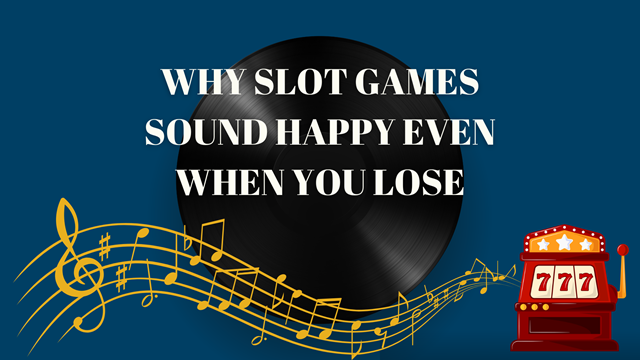Music is everywhere, then why are we finding the benefits of music education in school? Music is a subject that can extraordinarily flourish student lives. Unfortunately, many schools have started excluding music from their extra curriculums to make room for different language learning, sports, or any other activity.
Music is an excellent subject for every student. It positively impacts their academic performance, and assists in better brain development, social skills, relieves the stress of studies, and even teaches discipline. Studies have also confirmed that engagement with music can develop the brain of students. Read on to learn why music education is important and how it benefits the students.
Music schools are a great investment for your child. The benefits of music education go far beyond just an improved performance in the classroom and on-stage. There is compelling evidence that playing musical instruments or singing can help to improve brain function, increase self-esteem, and even reduce stress levels. If you’re looking for a way to give your child a head start in their academic pursuits as well as build skills they’ll carry with them throughout life, enrolling them in one of our many music programs may be exactly what you need!
- Increased hand-eye coordination
Learning an instrument is not an easy task. Practicing any musical instruments improve hand-eye coordination. Hand-eye coordination is essential in many sports, especially bats or racquet sports. It can also help in education, as writing skills and art require hand-eye coordination.
- Better self-confidence
Learning to play an instrument or singing can be challenging. If teachers and parents encourage their students, playing a musical instrument can build confidence to achieve their goal. Music education also develops better communication for students, says Williams, who provides statistics assignment help services.
- Connect with other people
Music education is necessary because it connects students with other people. Children feel socially connected, and it encourages them to build relationships with each other. People of all ages who sing or play an instrument together create a lifetime bond with one another.
- Encourages the teamwork
By learning music, students learn to value the opinions and ideas of others. They try to combine those ideas to complete their work together as a team. Playing instruments and singing encourages participants to work together in any school performance. It creates an unbreakable bond which they will cherish as memories in the future, says Brian, who provides do my assignment for me services.
- Discipline and time management
Music teaches children to develop time management skills and discipline. Students practice singing or playing their instruments even outside of school that helps them to form a schedule. They learn to balance between their studies, sports, and other activities. Learning discipline and time management at school have countless benefits in the future.
- Relieve stress
Music is an excellent way to relieve stress. Students can feel overwhelmed and cannot balance their life between studies, grades, homework, and extracurricular activities. Music is an escape from these situations, says Tom, who provides homework writing services. Research shows that music can reduce pressure and improve the mood of students.
- Inspire creativity
Music is itself the most creative element. Whether you are listening, singing, or playing an instrument, music generates a spark in your child’s creativity. Kids who learn music start to think creatively. Parents and teachers can encourage them to create unique music using different instruments.
- Emotional development
Music has many benefits to people of all ages. Students become more emotionally developed and build empathy towards other cultures.
- Enhance memory
Musicians constantly use their memory to perform in concerts or compose a song. The skill of memorization can also serve students to perform well in their studies, exams, and beyond. Studies have also found that kids who are engaged in music have an increase in their IQ points. Music can help them solve problems by thinking outside the box.
- Builds curiosity
Introducing music in schools can help students develop a positive attitude toward learning and curiosity at an early age. Music education improves brain functioning and increases your child’s imagination power.
- Better mathematical skills
Learning music with your studies can also enhance the mathematical abilities of the student. One theory says that there is a link between music and better control of spatial-temporal tasks. Learning rhythms is responsible for better mathematical skills.
- Better grades
With better maths skills, students obtain the potential to score better on their tests. A study found that students in primary schools with better musical programs scored 22% higher in English and 20% higher in maths.
- Better cognitive abilities
Playing an instrument increases the use of your nervous system. A study shows that students have improved sound discrimination compared to those who don’t play an instrument.
- Improve language capabilities
Music and language have a profound relationship. Music education is a great way to enhance the reading comprehension abilities of students. Kids who actively participate in music had better speech processing abilities along with higher reading scores. Music stimulates and trains the part of the brain that deals with understanding language.
- Engaged in school
Music is an enjoyable and pleasant subject that keeps students engaged in the school curriculum. Musical instruments are helpful in keeping kids interested and fascinated about their studies and other extra-curriculum activities.
- Success in society
Music is an important element of our society. Music can shape abilities and character. Students in band or orchestra are less likely to remain positive towards their lives as well as society. Music education can also contribute to children’s intelligence, and they can serve the nation with lifetime achievements.





